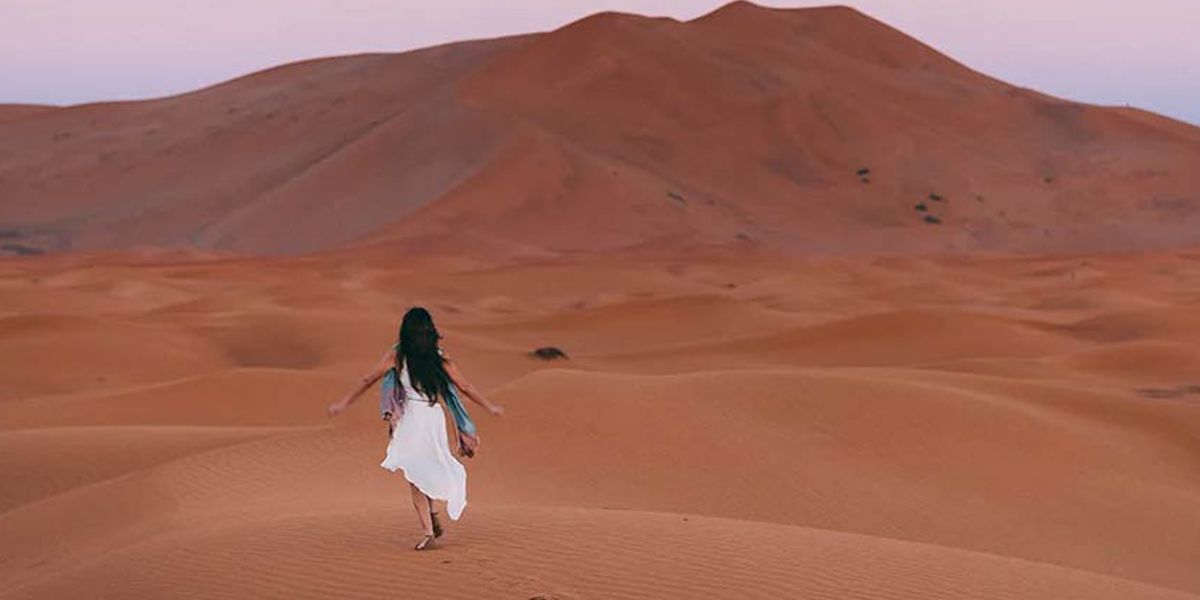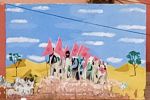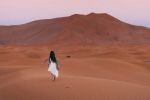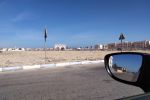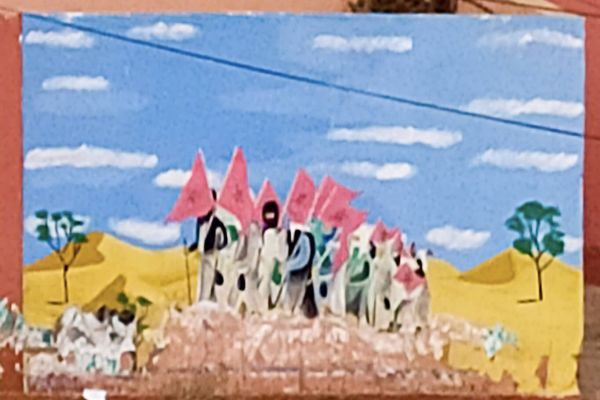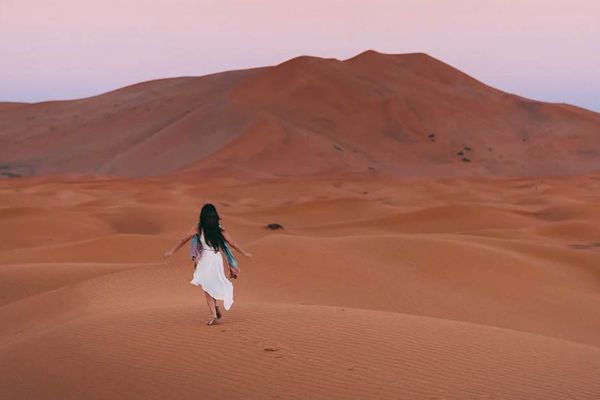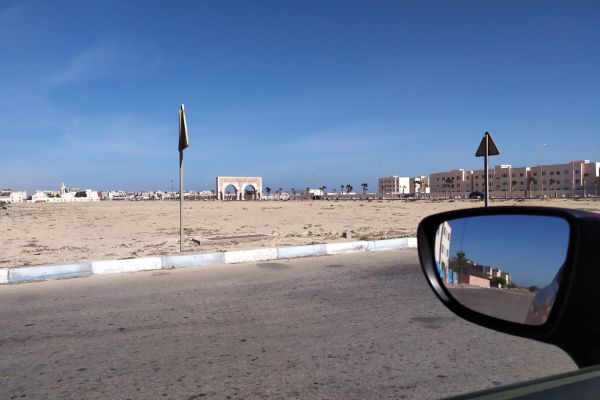Today I received a phone call from a young person who lives in the area “West of the Berm”, which is the area of the Western Sahara that is under Moroccan control. This person had read our report and wanted to discuss the content. He said “I really like you research, but there are some things that you didn’t include”.
The caller wondered why we didn’t discuss the legal status of the area. Why didn’t we indicate that the territory is illegally occupied? We actually received this question a lot from the Sahrawi community. They wonder: Why don’t we mention that under international law, the authority of Morocco over this part of the Western Sahara is considered an occupation? Some may even be angry that we don’t mention this, because of their strong feelings regarding the injustice of the political situation. Their claim of the illegality of Moroccan authority over the area is mostly based on the advisory opinion on Western Sahara by the International Court of Justice (ICJ). The court found that while at the time of Spanish colonization there were ‘legal ties of allegiance between the Sultan of Morocco and some of the tribes living in the territory of Western Sahara’, these ties did not ‘establish any tie of territorial sovereignty between the territory of Western Sahara and the Kingdom of Morocco’ (§ 162). Morocco disagrees with this finding and feels that that the Western Sahara is legally and justly their territory since it used to be part of pre-colonial “larger Morocco”. See this Moroccan government website about the Western Sahara.
As I explained to the caller, in our report, we made a conscious choice not to get into this political and legal discussion. We made this choice, because this is not our research subject. We are not trying to decide who is the legitimate authority over the Western Sahara. There are many others who have written on the subject (e.g.: Okere (1979), Maghraoui (2003), Zunes (2015). Rather, we are trying to understand what the situation is regarding the child’s right to freedom of expression in this area, and what can be done to improve the protection of this right, by all actors involved. We want children, parents, teachers, politicians, NGOs and local community members to hear our message. If we would discuss the legal and political conflict over the territory, even if briefly, this would immediately become the centre of attention for most of our readers. Everyone would start discussing this part of the study, and very few would still pay any attention to what (else) children are not free to discuss. This would certainly not help the children living in this area at all.
In spite of these arguments, the question of whether or not to discuss the legal/political situation regarding (il)legitimate authority over the Western Sahara has lead to much discussion, with actors from both sides as well as within our research team. Does trying to stay neutral on this conflict, to be able to address a children’s rights issue, mean “siding with the oppressor”, as one of my colleagues suggested? Personally, I don’t think so. This is first, because we don’t use the preferred term of either parties (“Occupied Western Sahara” would be preferred by the Sahrawi activists, “Moroccan Sahara” or “Moroccan Southern Provinces” would be preferred by Moroccan nationalists). Instead, we use the UN term “West of the Berm”. Second, we don’t take a position, but we are critical of children’s rights violations happening within the territory, by all actors. Lastly, I don’t see how it would be necessary to first discuss whether or not Morocco’s position in the Western Sahara is legal, before we can discuss the situation of the child’s right to freedom of expression.
It doesn’t matter which side you agree with, because in any case, everyone should be free to voice their opinions.
Instead of siding with one of the conflicting parties, I choose to side with the children. The children who are not allowed to freely express their ideas.
In our study we found that children are not allowed to:
- Criticise or insult the Moroccan King and/or his family
- Discuss the Western Sahara, in particular the question of whether it is or isn’t Moroccan
- Question religion (Islam)
- Discuss sexuality outside of marriage and everything having to do with non-heterosexual preferences.
As you can read in our report (p. 10-15) different actors play a role in the limitation of this child’s right. The Moroccan state is an important, but not the only, actor limiting this right for children.
The other day I shared this thought with a Sahrawi contact: “I just hope everyone wants to read the report and forget about the conflict for a minute and think about what is best for children...”. He immediately replied: “It is very impossible for people here to forget about politics!”. I think he is right about that. And as I told him, I probably shouldn’t say “forget, but more like, for a minute not see that as the most important and only issue.”
I may be naïve to think that this is possible. I may be naïve to think that one day, all actors could create the space for children to freely discuss their thoughts. That children would be allowed to say so if they think the Moroccan King is a bad leader, or that they have homosexual feelings, or that they are not sure whether they believe in Allah. Or that they think Morocco should get out of the Western Sahara. I understand that with all these subjects there are many emotions, beliefs and experiences of injustices that make people particularly opposed to free discussion. Still, I think this is a right that children (and researchers!) should have. At least, when I explained all this to the young Sahrawi person who called me, he understood. And so there’s at least one person who has received our message.
